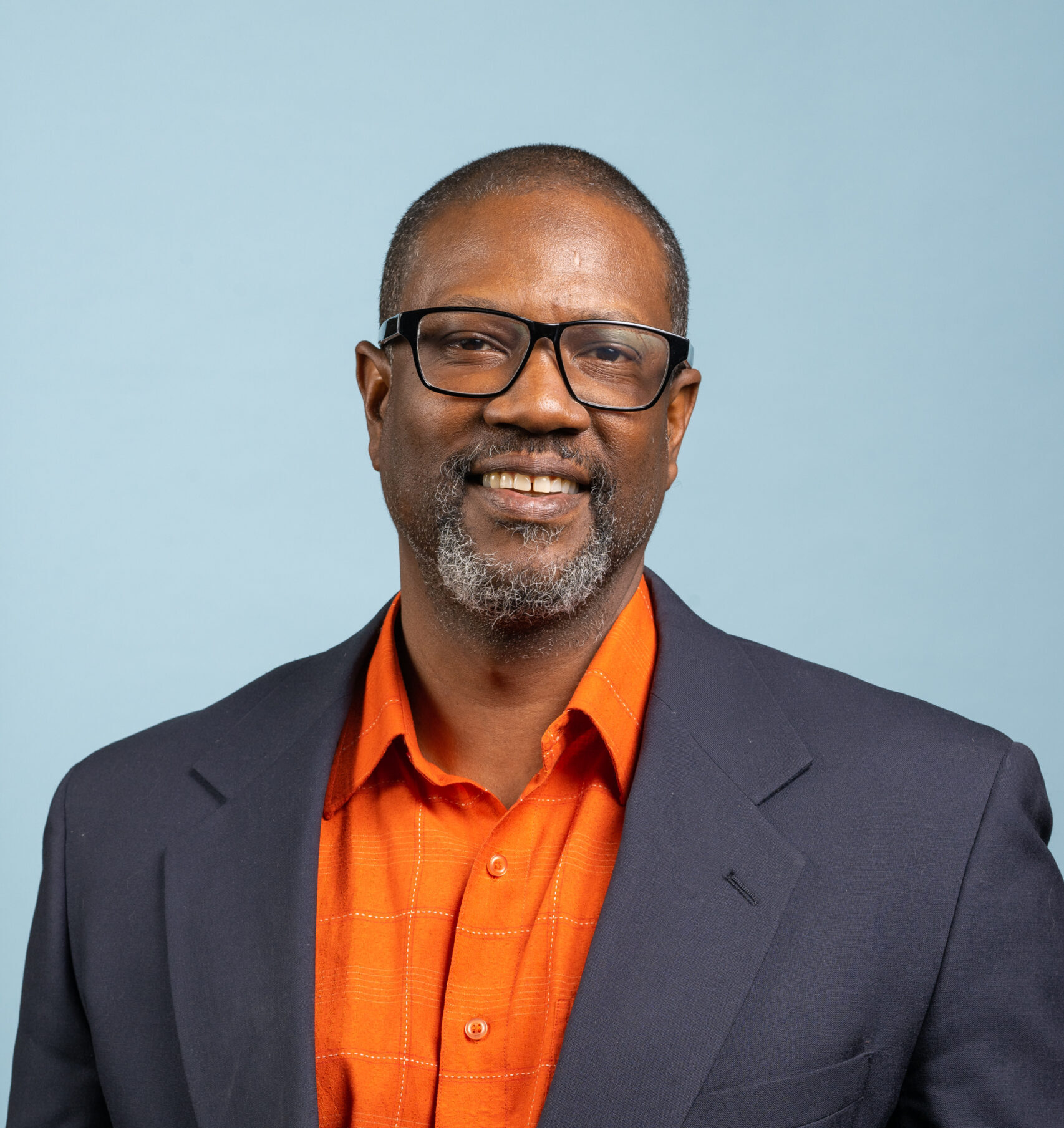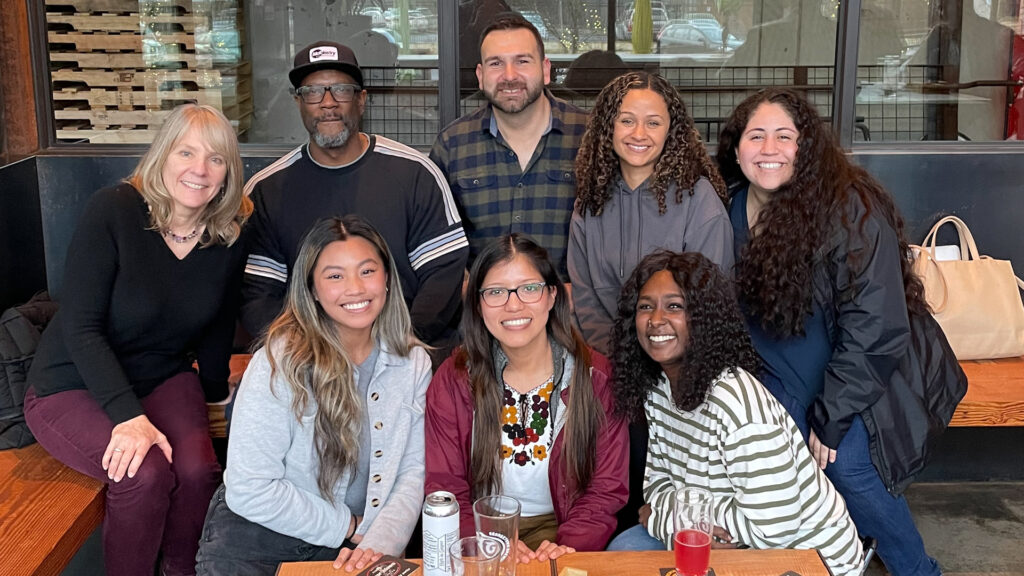McKinstry Alliance Leader Reflects on Juneteenth Legacy

On June 19, 1865, months after the Civil War ended and more than two years after President Lincoln signed the Emancipation Proclamation, Union troops arrived in Galveston, Texas to free 250,000 people. Every year on June 19, Juneteenth, we commemorate this important event in history.
“Juneteenth reminds me that inclusion is not a willing exercise for those in power,” said Lavell Flamon, McKinstry project manager. “Discovering that you are no longer enslaved, no longer the legal property of another, must have been mind-blowing. It was a cause for celebration. I hold that moment with reverence to honor their joy. Their joy is my legacy.”
Lavell joined McKinstry in February 2023 to help develop our emerging fire and smoke damper inspection program. With ten years of experience as an electrical foreman, a bachelor’s degree in architecture and a Master of Business Administration, Lavell manages inspection and related repair projects, develops systems and operational standards, builds customer relationships and works with King County Fire Departments to craft inspection reporting standards and more.
In addition, Lavell serves as a member of McKinstry’s Unity Alliance steering committee.
“Being a member of the Unity Alliance has helped me to connect with people of color in solidarity. I act as the lead for the Education and Advancement mission of the Unity Alliance. My goal is to bring resources to the people of color at McKinstry that will help bolster and fortify their professional journeys. For me, it is a role that emphasizes being of service and acting as an advocate however I can to bring lasting value to the people of color at McKinstry.”

Honoring Juneteenth
Though Juneteenth was not declared a federal holiday until 2021, the African American community has celebrated, honored and commemorated Juneteenth for over 150 years.
“I’ve joined in Juneteenth celebrations for the past 20 years, always within the context of a larger community setting,” Lavell said. “There are a couple of events that I might attend in the Seattle area, and I always make it an opportunity to support small black businesses and get involved with my community.”
People across the country celebrate Juneteenth in many ways, including parades, community arts and business festivals, assemblies and ceremonies, family gatherings and block parties, but Lavell encourages that the day is also commemorated through reflection and connection to its historical context.
“It is our collective folly to avoid, willfully ignore or disregard the events that shaped the very ground in which we stand,” Lavell said. “It’s easy to cling to good narratives and gloss over the hard, dark truth of history. We miss out on how tethered we are to the past and what serious effects it can have on communities for generations. That’s why it’s important to observe Juneteenth not just on one day, but to really understand the larger history that we all share and inherit as Americans.”
Paving the way for a just and inclusive future
Though we’ve made substantial advancements toward racial justice and equity in America, there’s still a long way to go. At McKinstry, we’re working to advance an inclusive and equitable culture for our staff and tradespeople through DEI programs including our Building Bridges sessions, Alliances and Vendor Diversity program.
“It all starts with self-awareness,” Lavell said. “One of the beauties of being human is that there are so many perspectives to learn from. You can’t learn everything about everyone, but just take a step to learn about people’s struggles, victories and contributions to the world at large. Have the courage to fill in knowledge gaps around the histories of groups identifying as people of color. Acknowledge and address unconscious biases. Recognize how systems and institutions can be culturally exclusive and how people benefit from that legacy and continued practice.”
“The fight for justice and equity is a long game over generations,” Lavell said. “If one thinks the issues of inequity and injustice don’t directly impact their life and their community, then making lasting progress for all will continue to be more difficult than it already is.”